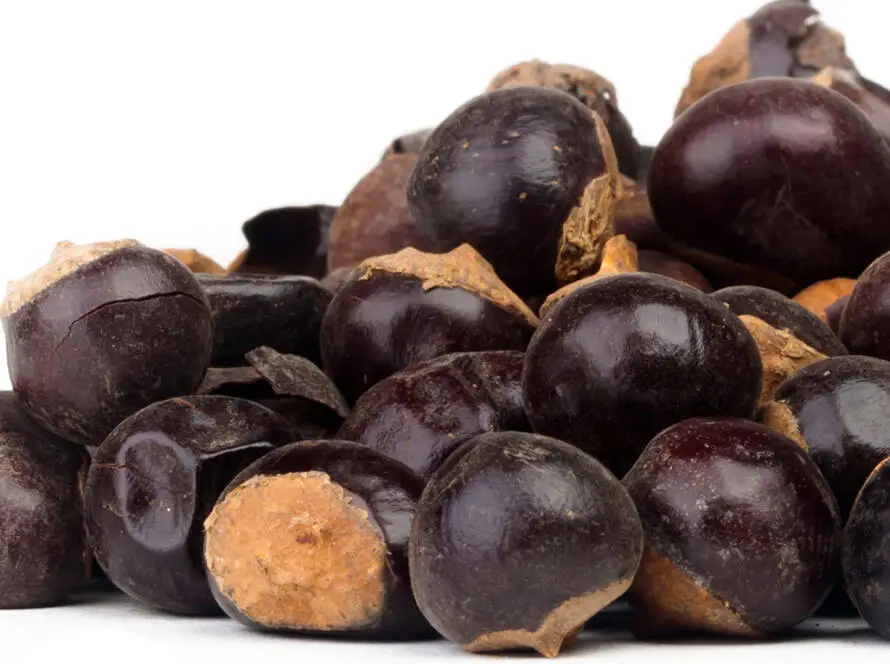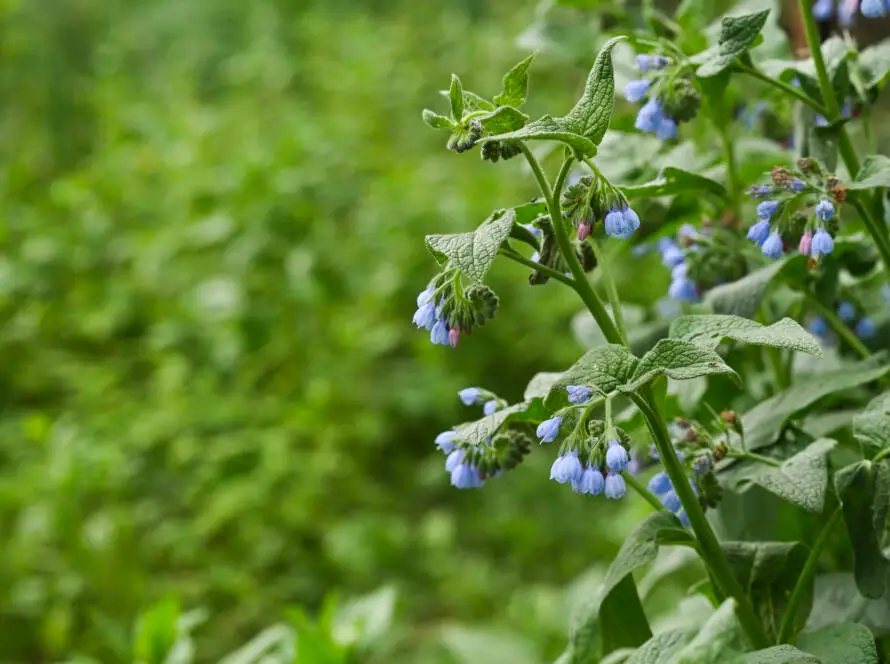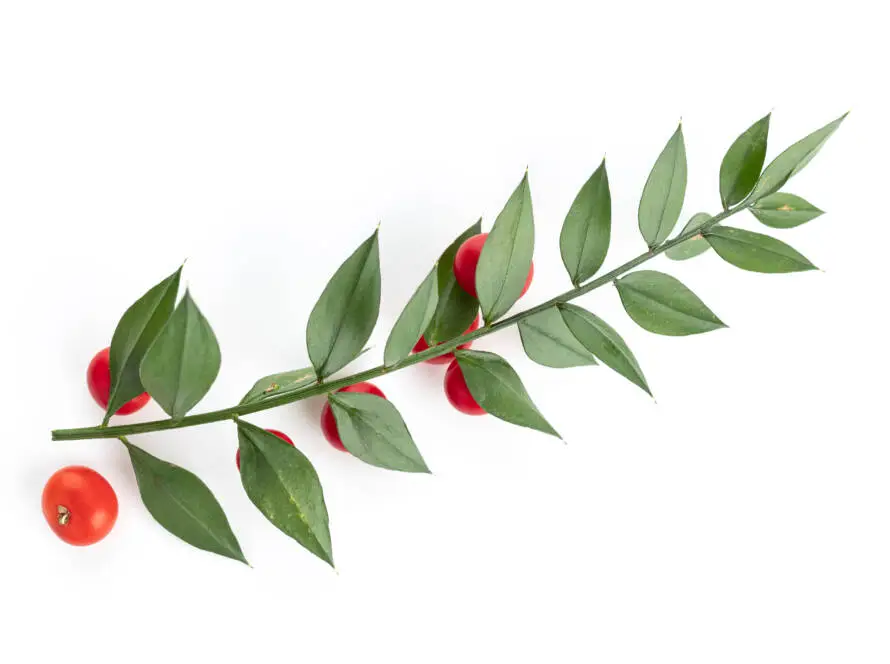Red Raspberry Leaf: A Beneficial Herbal Remedy
Red Raspberry Leaf comes from raspberry bushes that are native to North America and are also grown in other regions, including Canada. While raspberry berries are popular for their delicious taste, the leaves have various medicinal uses. Traditionally, these leaves were valued for their astringent properties, which help to tighten tissues. They have been used throughout history to treat diarrhea, manage painful menstrual periods, and support labor during childbirth. Additionally, infusions of raspberry leaves were commonly used for sore throats and can also be applied to cleanse wounds.
Common Names
- Red Raspberry
Latin Name
- Rubus idaeus
Uses of Red Raspberry Leaf
Red Raspberry Leaf is known for several potential health benefits, including:
- Treating Diarrhea: The astringent properties of raspberry leaves can help reduce diarrhea by tightening the tissues of the intestines.
- Mouthwash: The leaves can be brewed into a tea and used as a natural mouthwash to promote oral hygiene.
- Menstrual and Labor Support: Historically, raspberry leaves have been used to relieve pain during menstruation and to help regulate labor, although scientific evidence supporting these uses is limited.
How to Use Red Raspberry Leaf
Tea Preparation
To make a refreshing and medicinal tea, follow these simple steps:
- Take 2-3 teaspoons of dried or chopped raspberry leaves.
- Add these leaves to 5-8 ounces of boiling water.
- Let the mixture steep for about 5 minutes.
- Strain the tea and enjoy. You can drink this tea as needed.
Topical Use
You can also use the tea topically. Apply the cooled tea to your skin to help with minor irritations.
Mouthwash
For dental care, use the tea as a mouthwash. Swish it around your mouth to help with oral hygiene and soothe sore gums.
Scientific Insights
The tannins found in raspberry leaves provide the astringent effects that may assist in reducing diarrhea and promoting oral health. However, there is limited scientific evidence to specifically support the use of raspberry leaf tea during pregnancy, menstruation, or childbirth. Research shows that similar leaves, like those from blackberry (R. strigosus), have exhibited slight blood sugar-lowering effects in rabbit studies, but the exact compounds responsible for this effect remain unidentified.
Side Effects and Cautions
So far, there are no significant side effects well-documented for red raspberry leaf. However, as with any herbal remedy, it’s always a good idea to consult with a healthcare provider before starting any new treatment, especially if you are pregnant, breastfeeding, or have existing health concerns.
Conclusion
Red Raspberry Leaf is a versatile herb with a range of historical and potential health benefits. Whether you enjoy it as a tea, use it as a mouthwash, or apply it to the skin, this herb offers a simple and natural way to support your health. By understanding its uses and preparing it correctly, you can incorporate this beneficial herb into your health routine. Always remember to seek advice from a healthcare professional to ensure it is right for you.
Resources
- Drugs.com
- Wikipedia.com
This summary highlights the key aspects of Red Raspberry Leaf, including its traditional uses, potential benefits, and safety considerations.
Disclaimer
The information I’ve shared about herbs is for educational purposes only and is not meant as medical advice. While many herbs have been traditionally used for their potential health benefits, individual responses may vary, and the effectiveness of herbs can depend on various factors, including personal health conditions and interactions with medications. It is essential to consult with a qualified healthcare professional or a licensed herbalist before using herbs for medicinal purposes or making significant changes to your health regimen. This information should not be considered a substitute for professional medical advice, diagnosis, or treatment.


